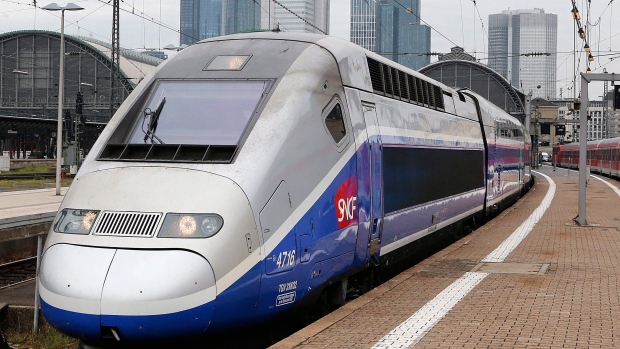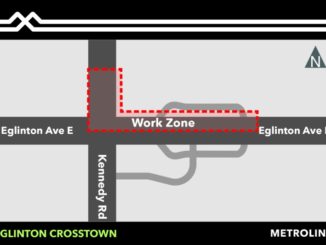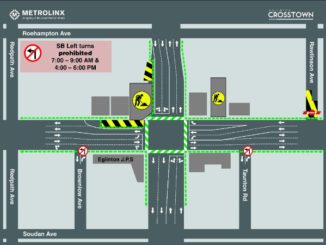
Project will Connect People and Create Good Jobs
High speed rail cuts down on travel times, gives people more low-carbon transportation options, and creates new opportunities for workers and businesses. Ontario is supporting economic growth in Southwestern Ontario and across the province by moving forward with high speed rail along the Toronto-Windsor corridor, becoming the first province to undertake a rail transformation of this magnitude.
Premier Kathleen Wynne, Steven Del Duca, Ontario’s Minister of Transportation, and Deb Matthews, MPP for London North Centre, were in London today to announce that the province is moving ahead with preliminary design work on the project and investing $15 million in a comprehensive environmental assessment. Ontario will establish a new governing body to oversee the ambitious work required to design and implement high speed rail.
The announcement comes as the province releases a new report by David Collenette, Ontario’s Special Advisor on high speed rail. In 2015, Mr. Collenette was asked to assess the project’s feasibility. After extensive consultations, his report has concluded that there is a business case for high speed rail along the Toronto-Windsor corridor and that there are opportunities to engage the private sector in financing and delivering the project.
High speed rail could cut travel times between Toronto and Windsor from four hours to just over two. With high speed rail expanding Ontario’s innovation supercorridor to Windsor, businesses will be able to attract the best talent, increase their productivity and support a low-carbon innovation economy.
Investing in high speed rail is part of our plan to create jobs, grow our economy and help people in their everyday lives.
Quick Facts
- Trains on high speed rails would move at speeds of up to 250 kilometres per hour using a combination of existing track and new, dedicated rail corridors.
- A request for bids for the design required to support the Environmental Assessment for the full length of the Toronto-Windsor corridor will be issued this fall.
- Proposed stops on the new HSR line include Windsor, Chatham, London, Kitchener-Waterloo, Guelph and Toronto, with a connection to Pearson International Airport.
- Ontario will continue to engage with private and public partners, including Indigenous communities and municipalities, while the environmental assessment, design work and ridership forecasting are completed.
- The Honourable David Collenette, a former federal Minister of Transport, has significant experience interacting with diverse and influential stakeholders, as well as knowledge of policy and regulatory issues related to the transportation sector. Since his retirement from Parliament in 2004, Mr. Collenette has served as an advisor to many organizations in the defence and transportation industries.
Photo from: www.cbc.ca




Leave a Reply